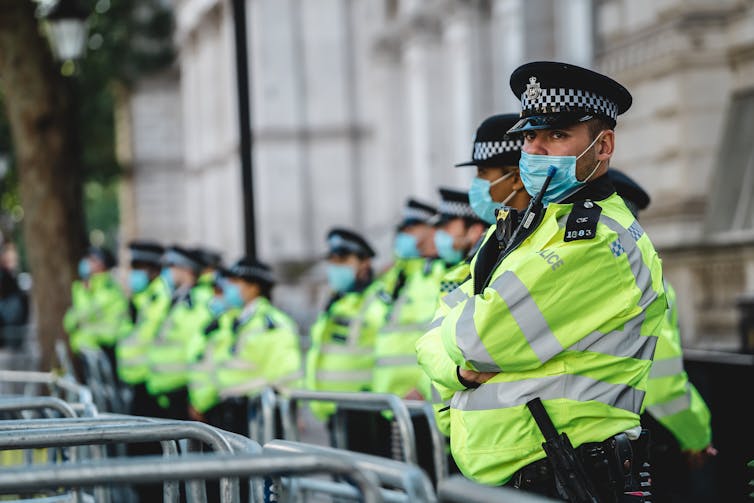By Prof Lois Bibbings, Professor of Law, Gender and History (University of Bristol Law School).
History matters in the context of criminal justice; it matters that our criminal justice system lives up to standards of justice and upholds due process in respect of the past. The strength of support for this view is, for example, shown in the successful campaign to pardon men executed by British Forces during the First World War (the Shot at Dawn campaign).
Miscarriages of justice cases, such as those of the Birmingham Six and Judith Ward, also illustrate the importance of righting the wrongs of the past when it comes to crime. One hundred years ago today another such injustice occurred and efforts are now being made to right this wrong.
At the Old Bailey on March 10th 1917 Alice Wheeldon, her daughter, Winnie Mason, and her son-in-law, Alf Mason, were convicted of conspiracy to murder the Liberal Prime Minister David Lloyd George along with the leader of the Labour Party Arthur Henderson and other persons unspecified. Alice was sentenced to 10 years of penal servitude, with Alf receiving 7 years and Winnie 5. Their efforts to appeal were rejected and so they were sent to prison. Alice went on hunger strike, was released early due to ill-health but died of influenza in 1919. Alf and Winnie were released unexpectedly at the end of the war. (more…)



